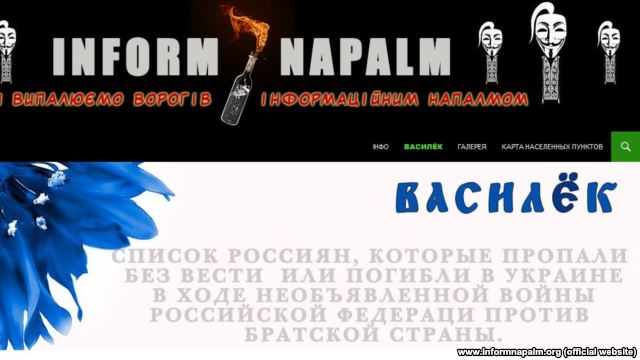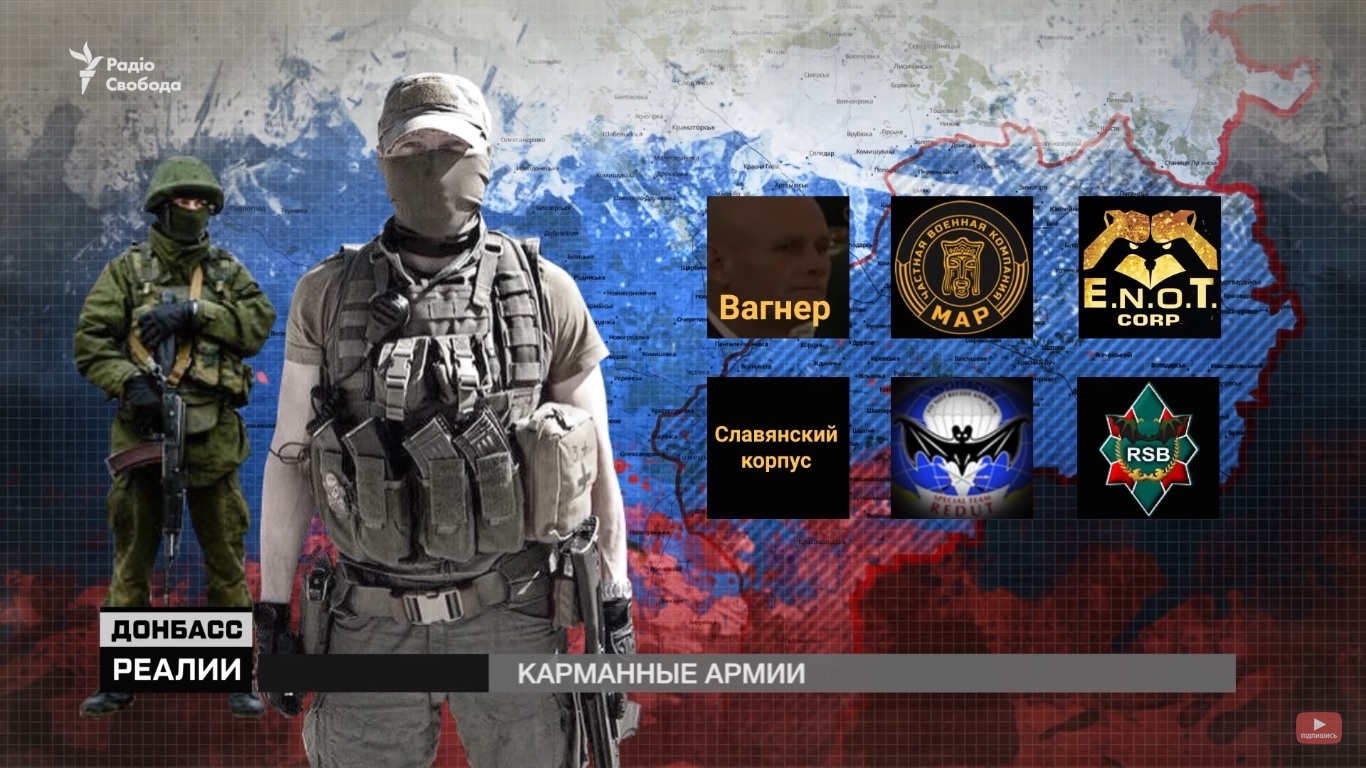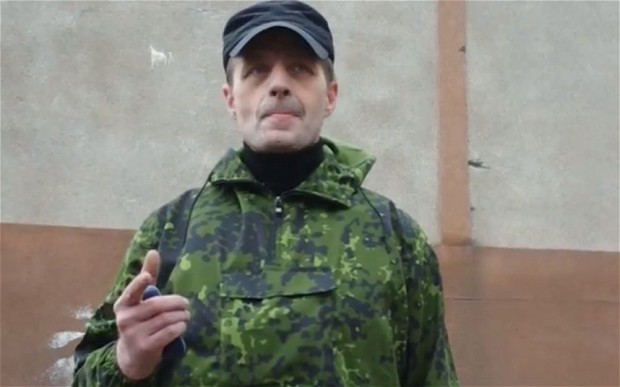“We shared his photo on Ukrainian Internet resources. After which my daughter-in-law was threatened. She deleted everything quickly. I went to the Kostroma office of the prosecutor, where they gave me the phone number of the Rostov headquarters, which is impossible to reach, after which I called hospitals in Rostov and Yeysk. However, they told her my son is not on the list of the wounded. In the military unit itself they did not want to explain anything to us, ad they told my daughter-in-law that they signed a contract, so they don’t owe us anything,” says the mother of the missing soldier.
However, Olga Bazakina is convinced that her son Andrey is still on the territory of Eastern Ukraine. As evidence, she provides a video posted on Odnoklassniki, which shows a fellow soldier from the same regiment, Sergey. Recently, Sergey and six other servicemen were exchanged for Ukrainian soldiers. They are all Andrey Dokuchayev’s fellow servicemen. Olga Bazakina entertains the possibility of her son still being held hostage.
The fate of another serviceman, Nikita Savvin, is not as complicated. In May, after signing the contract with the 200th motorized shooting special service brigade, based on the Kolsky peninsula in the village of Loustar, he was sent to the so-called ‘survival school’ in the village of Patino near Moscow. He was offered to sign yet another contract to continue his service in Rostov oblast here, says Nikita’s wife, Yelizaveta Savvina.
According to her, the conditions of the so-called contract stated the unit would be sent to Rostov using their own funds. Meanwhile the command insisted on the servicemen’s volunteer status. On August 28, Nikita Savvin arrived in Rostov. Here they were made to wear uniforms without identification, says Yelizaveta, citing her phone call with her husband.
“Nikita told me that they were all dressed like rebels, and made it clear that they would be rebels on Ukrainian territory,” Yelizaveta Savvina continues her story. “Allegedly, there is not a single contract serviceman from Russia in Ukraine, and if you are killed, you are killed as rebels. This is what the command told them, which emphasizes: if there are people dressed in Russian paratrooper uniforms, they are provocateurs from the Ukrainian side.”
Throughout several days Yelizaveta insisted her husband break the contract with the military unit and return home. However, the latter cited the command, which promised to begin payments for the ‘military’ service in the nearest future and appropriate compensation to the Russian servicemen. What is more, everyone was guaranteed assistance in case of injury or death in combat, without exception.
In sum, Nikita Savvin decided against resigning and remains on the territory of Rostov oblast until today. However, Yelizaveta does not lose hope that she might be able to return her husband home.
Meanwhile, according to her, it is clear that the Kremlin government does not intend to step away from continuing special operations in the east of Ukraine. Which means that ‘cargo-200’ will continue being delivered to Russian homes. Strange as it is, only a small number of people in Russia itself are concerned in this regard. Ukrainian civil organizations are showing much more concern. Recently, Vasilek Internet resource was launched within the national Ukrainian anti-war project Informnapalm.
Its moderator Roman Burko says that Vasilek emerged after the search began in Russia for the servicemen the Russian government is sending to Donbas, however does not hasten to acknowledge them as its own.
“The refusal to acknowledge the problem was absolutely unexpected for Ukrainians. The (Russian) government is not only hiding information, but hacking accounts of the fallen soldiers, forcing their families to delete their social network pages. This is an absolutely new challenge in information war for us. We receive all of our information from open sources, such as social networks or news feeds, where there are one or two confirmations that people are dead or missing. We also cooperate with Ukrainian military institutions. Of course, we cannot guarantee 100-percent accurate information, but every time we verify the data we receive, against several sources. There are people who are missing in action which are automatically included in the list of the dead, and vice-versa. And we demonstrate the profiles of such people on our website, their geographical location tags, places where they went missing and so forth. There is no prematurity here, we are acting absolutely openly,” says moderator of the Ukrainian Internet portal Informnapalm, Roman Burko.
So far, despite the efforts of Russian and Ukrainian civil workers, the Kremlin government, the Russian Defense Ministry and the official press do not acknowledge the soldiers who are dying in the east of Ukraine as servicemen of the Russian army.







